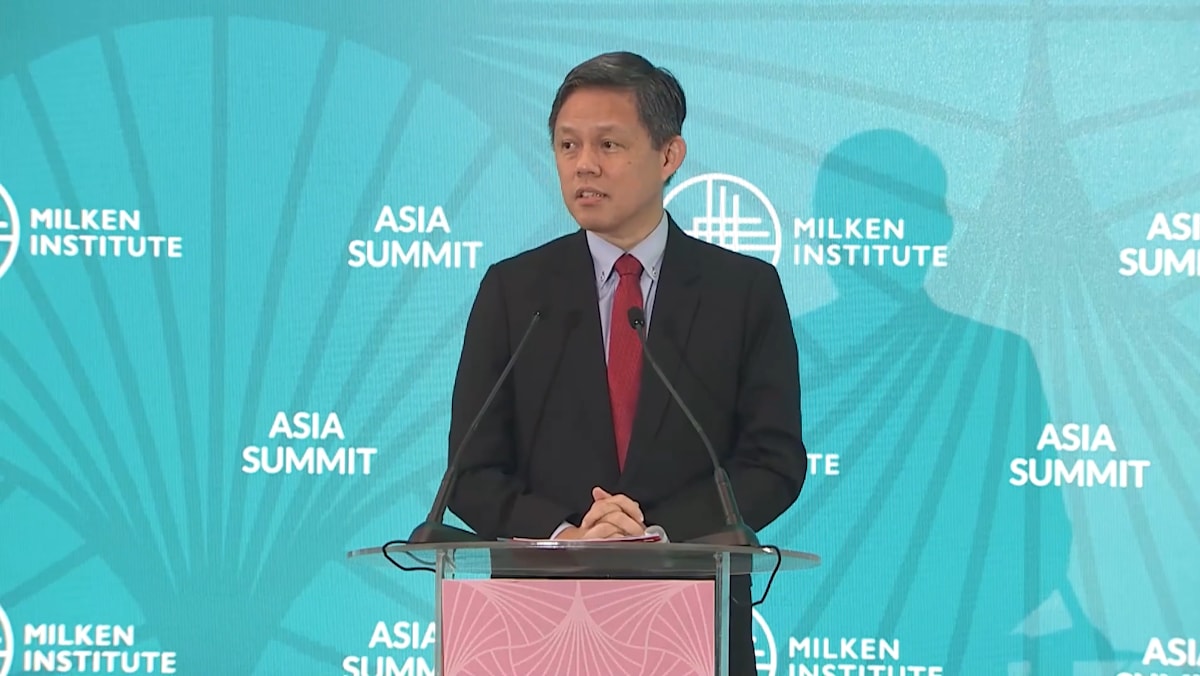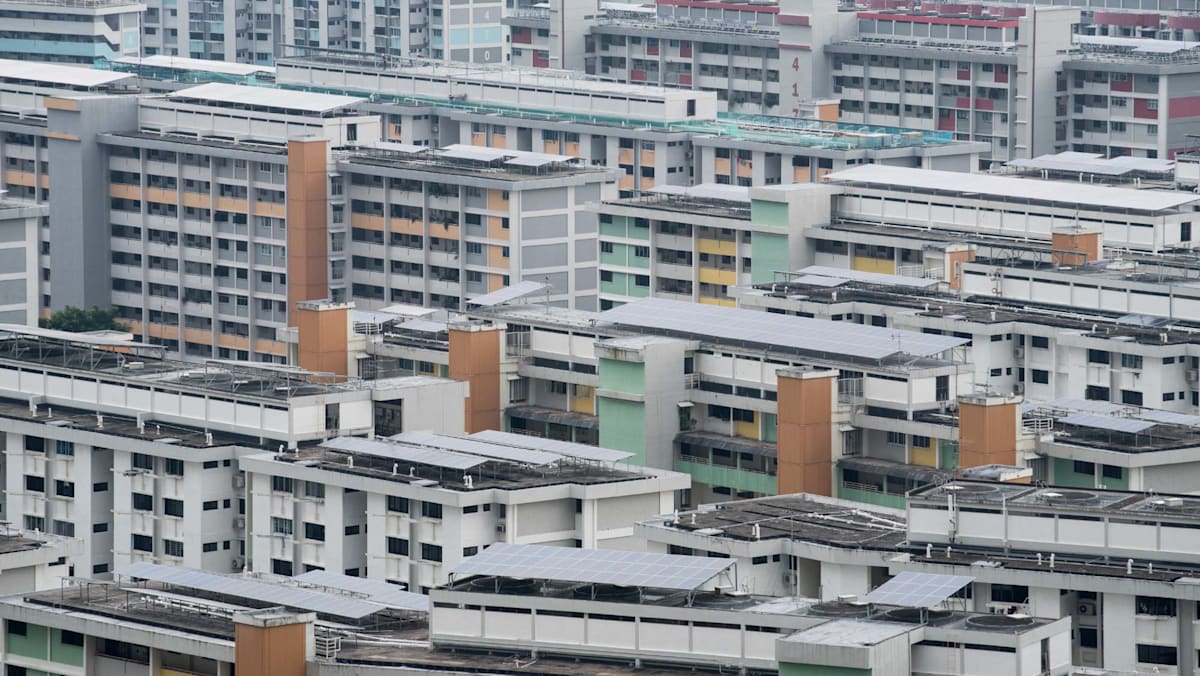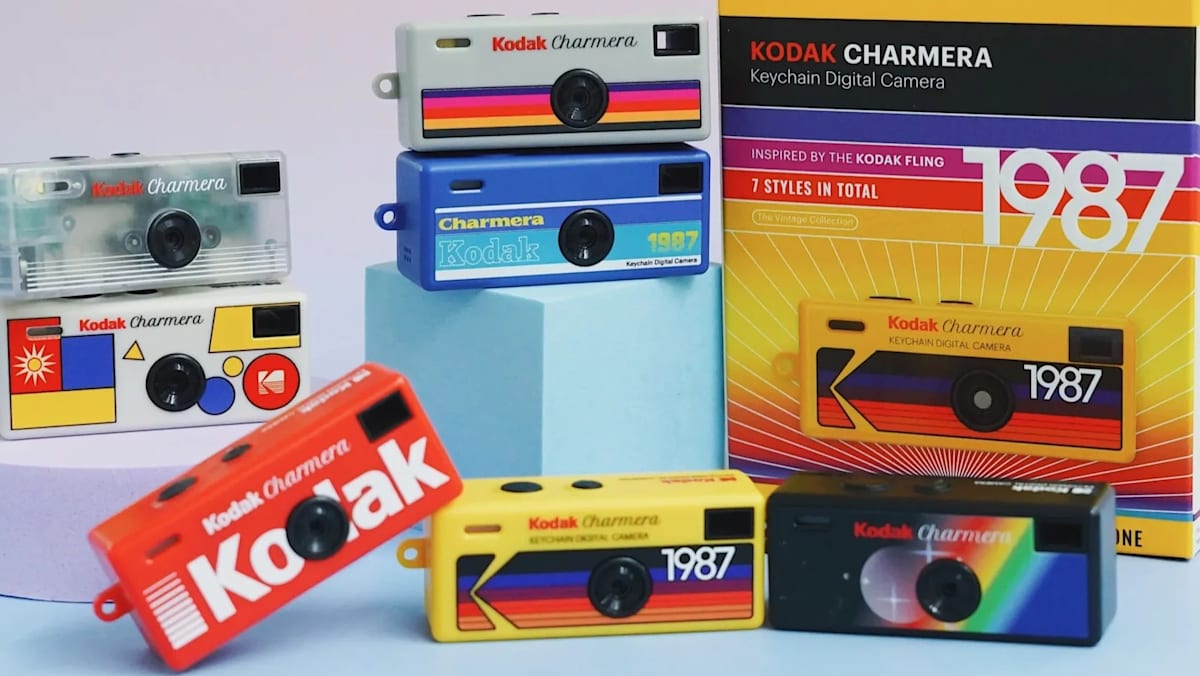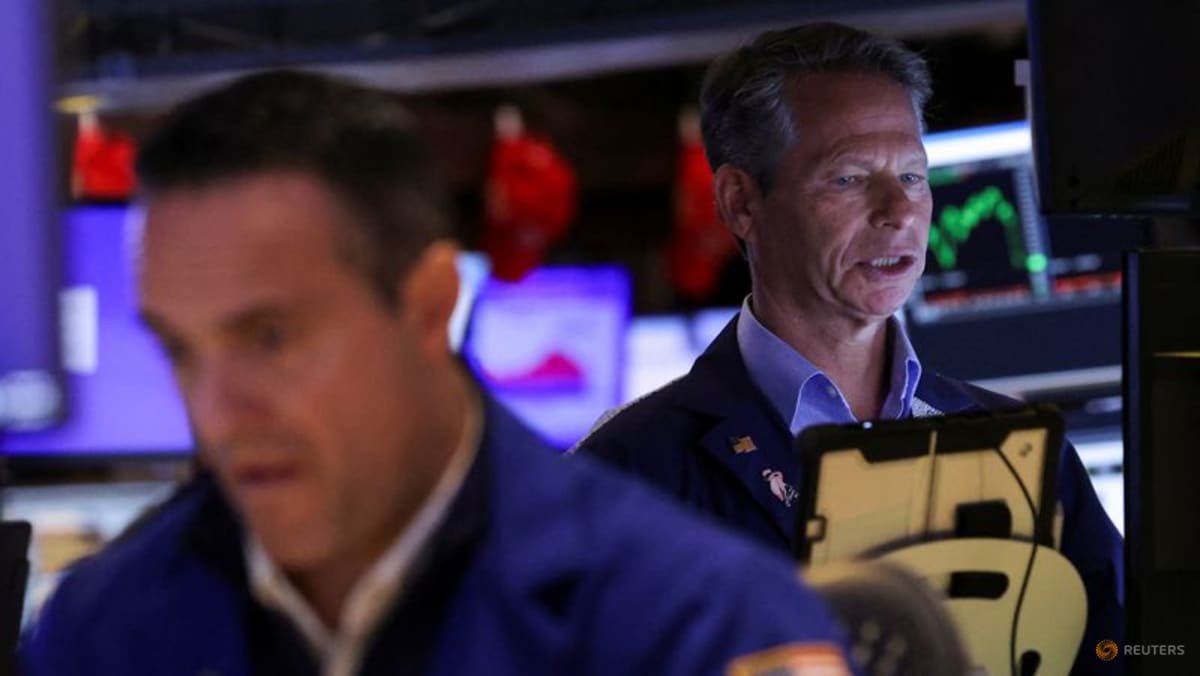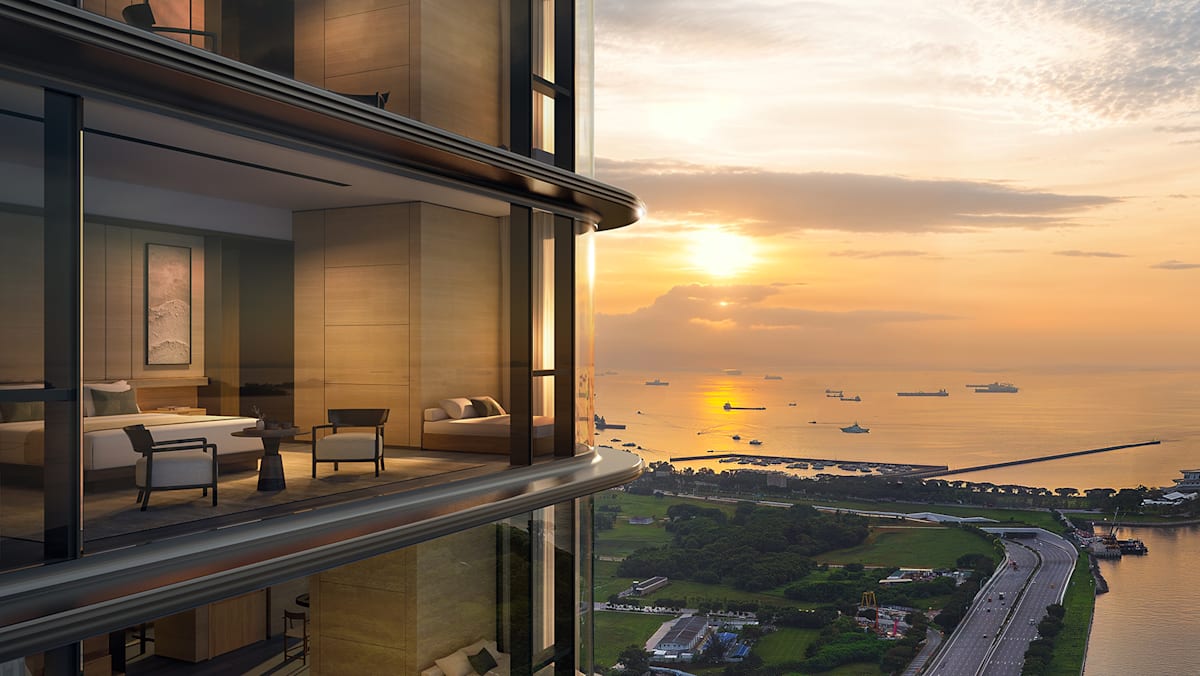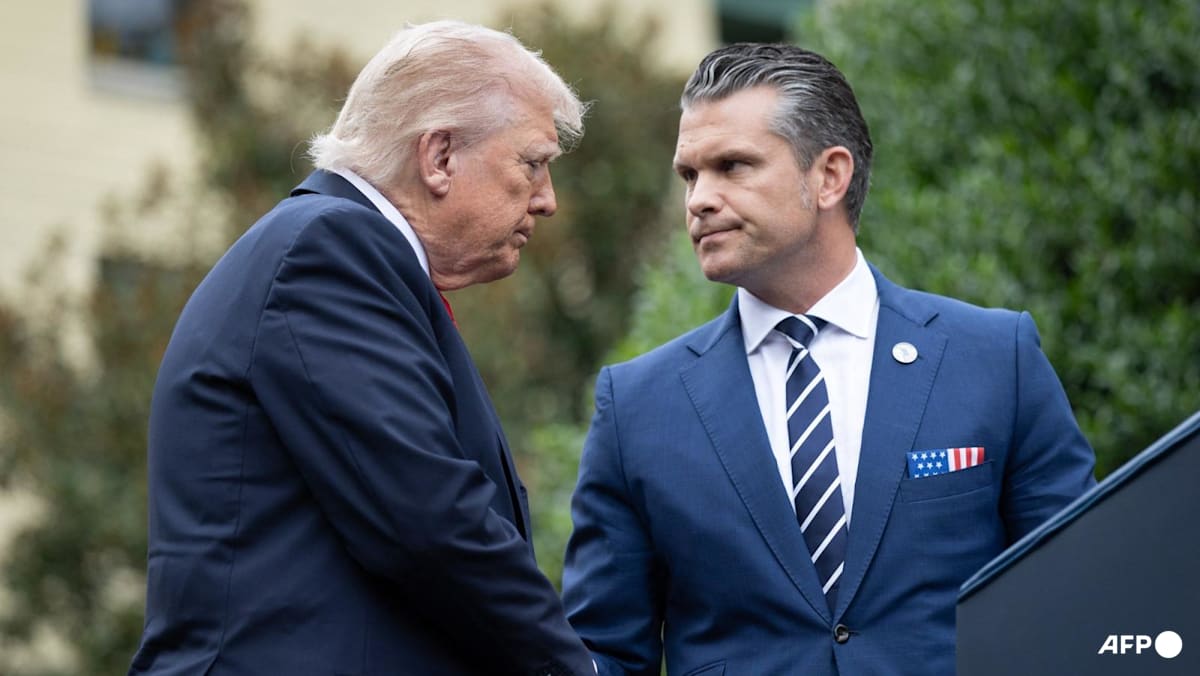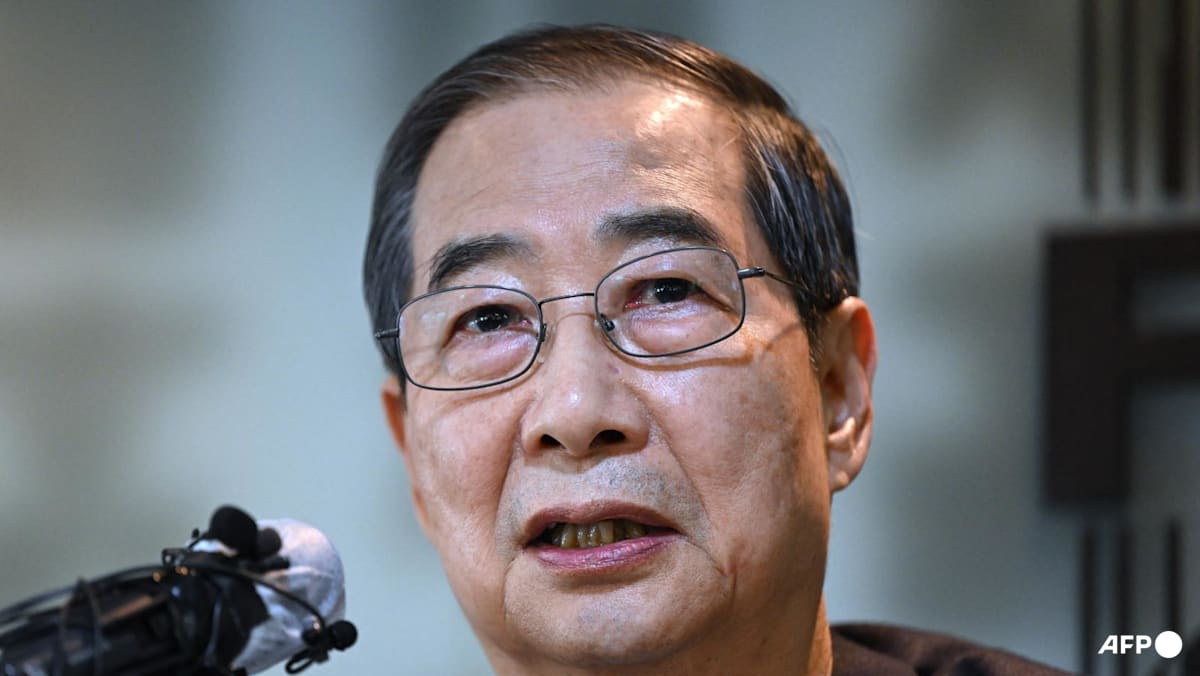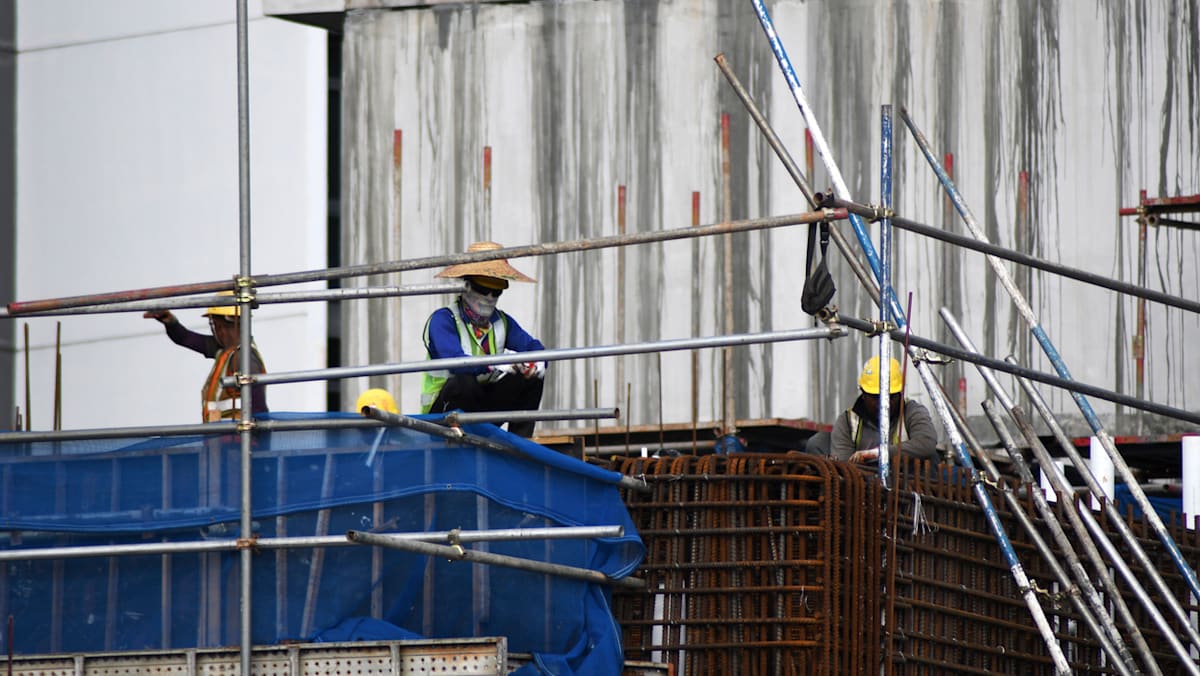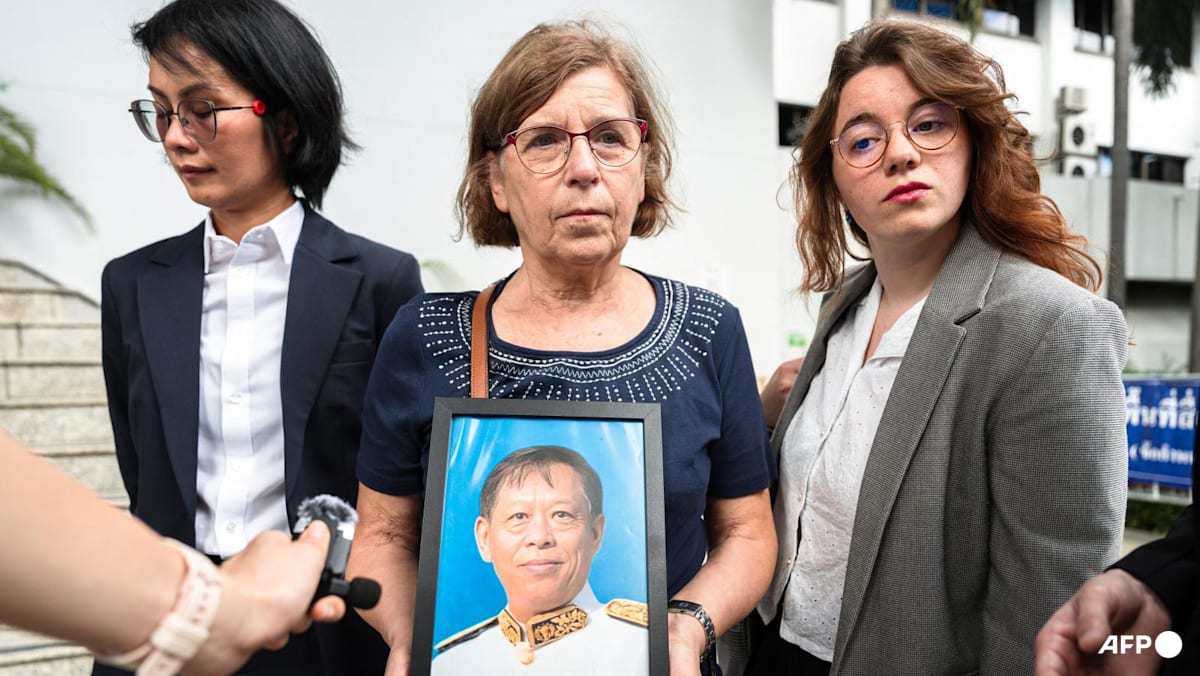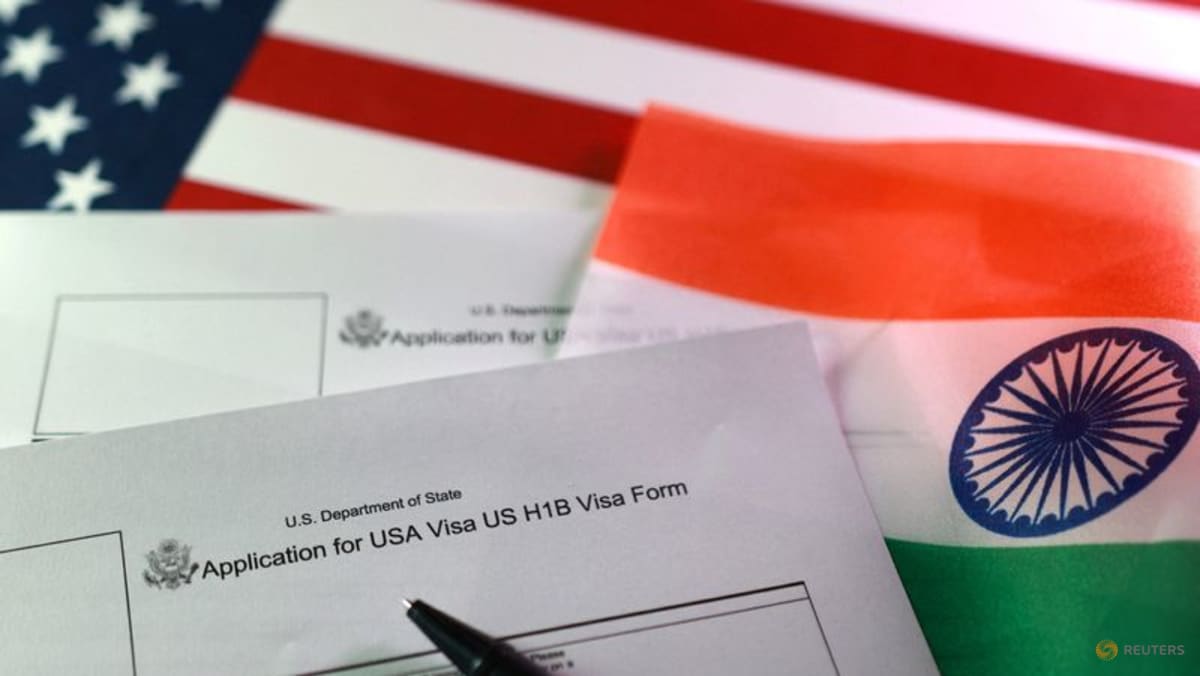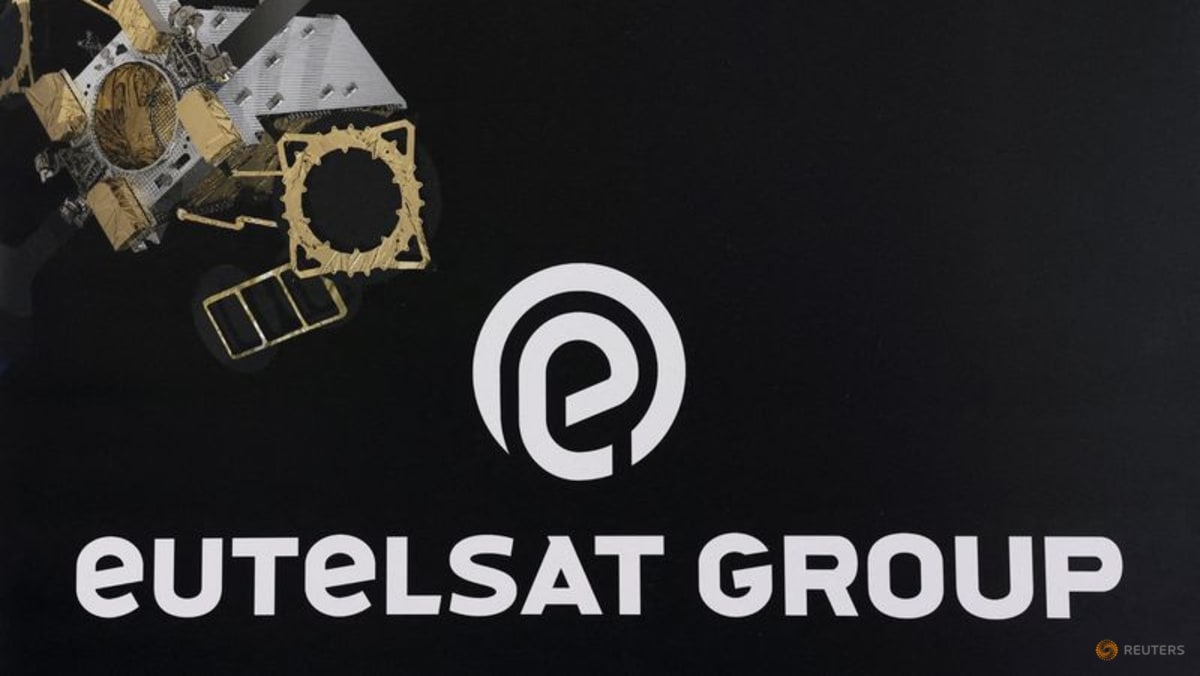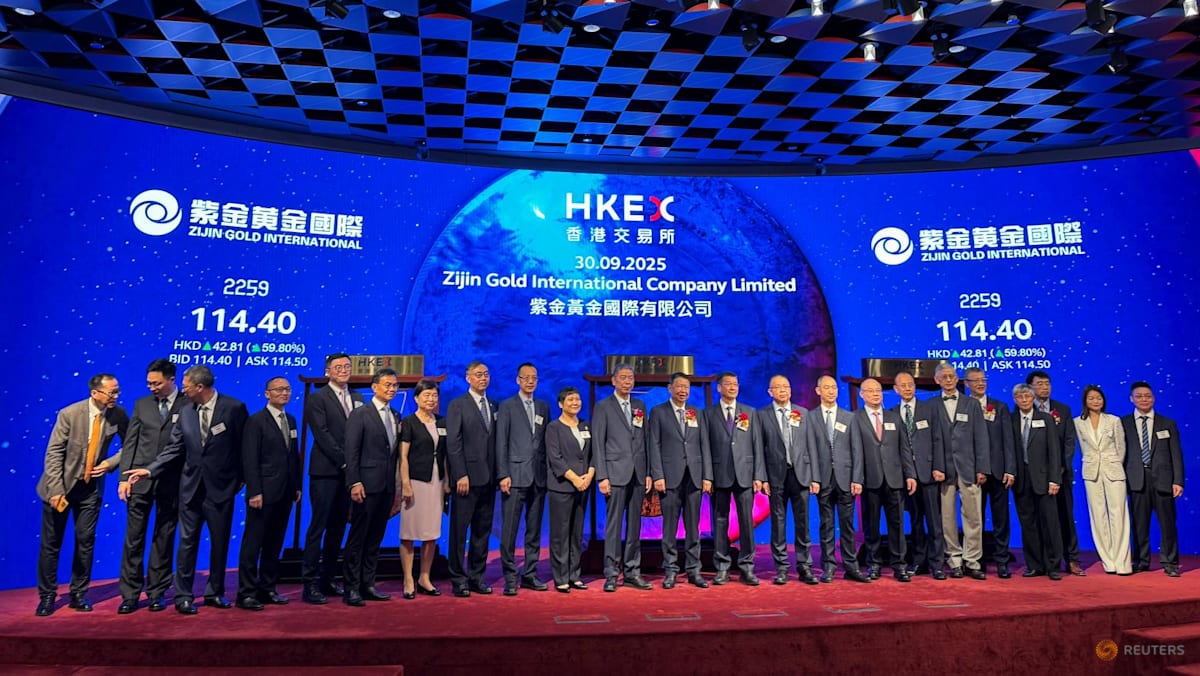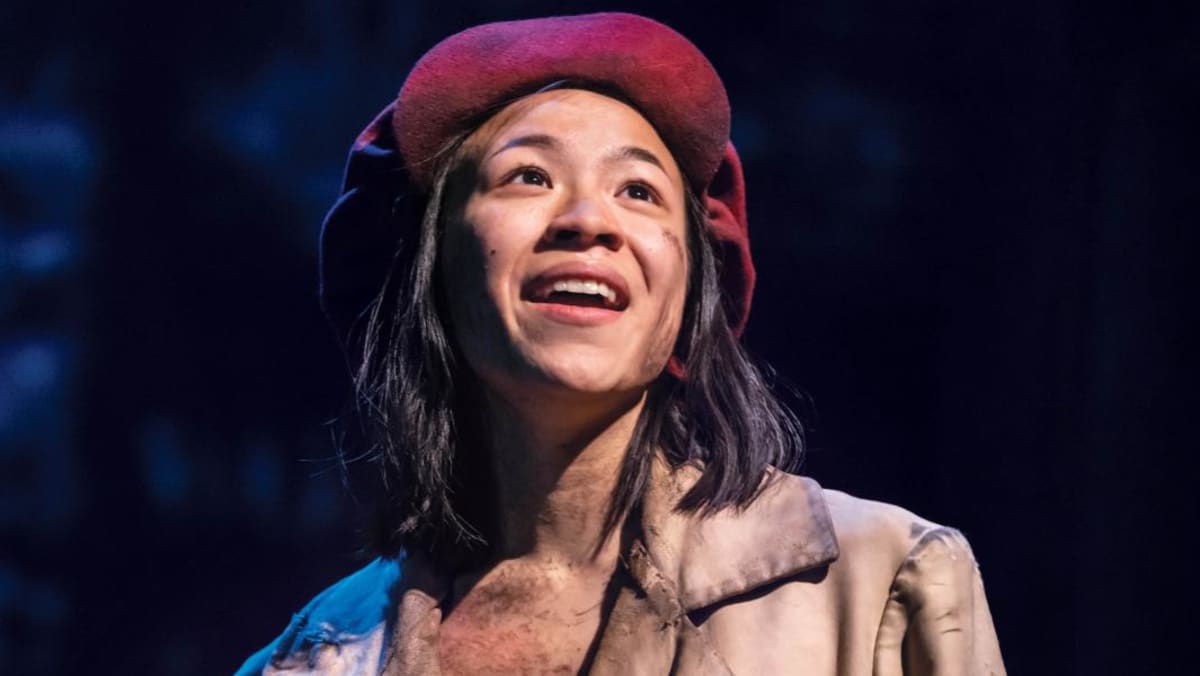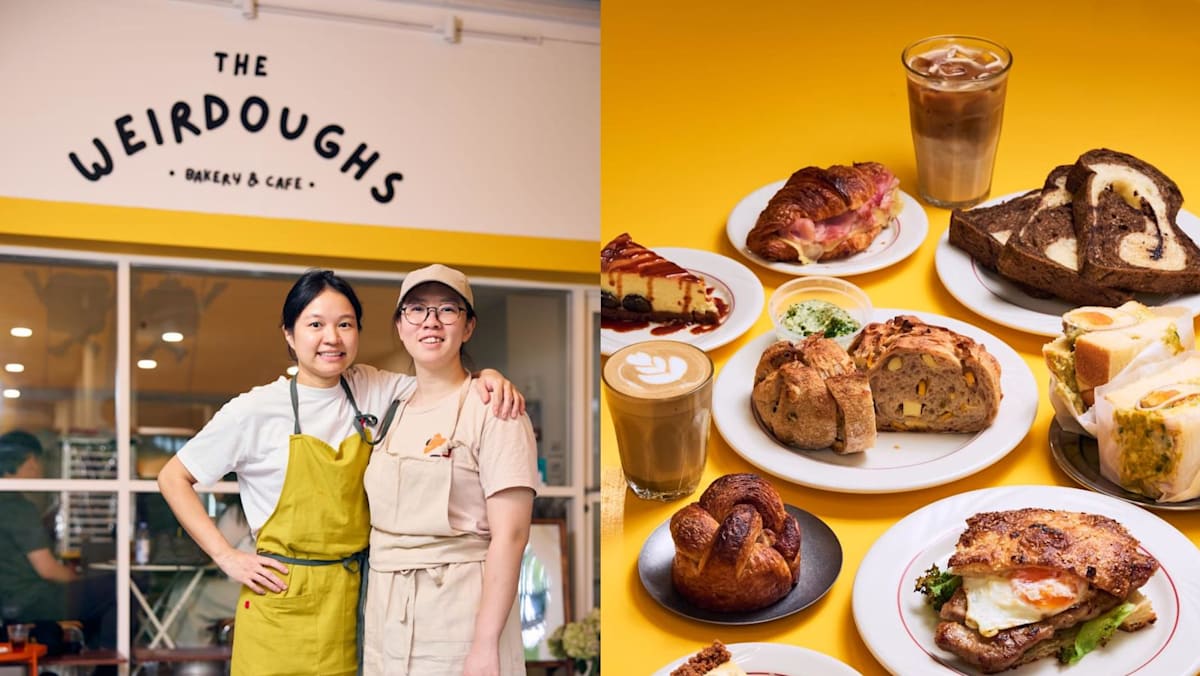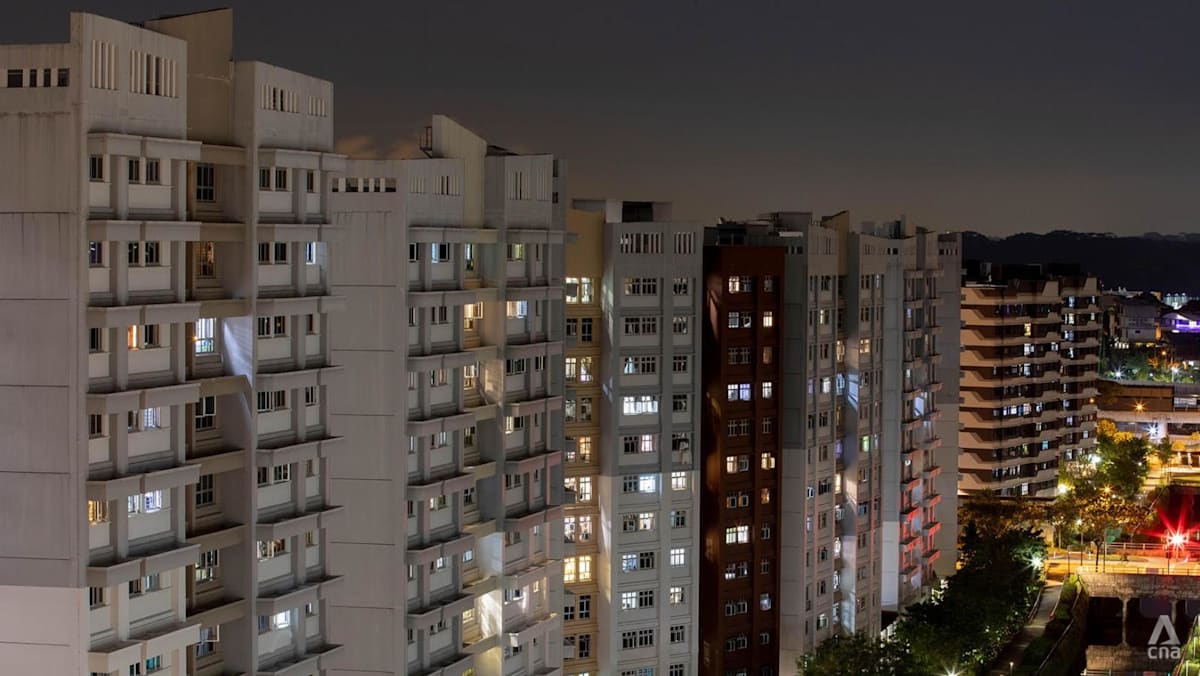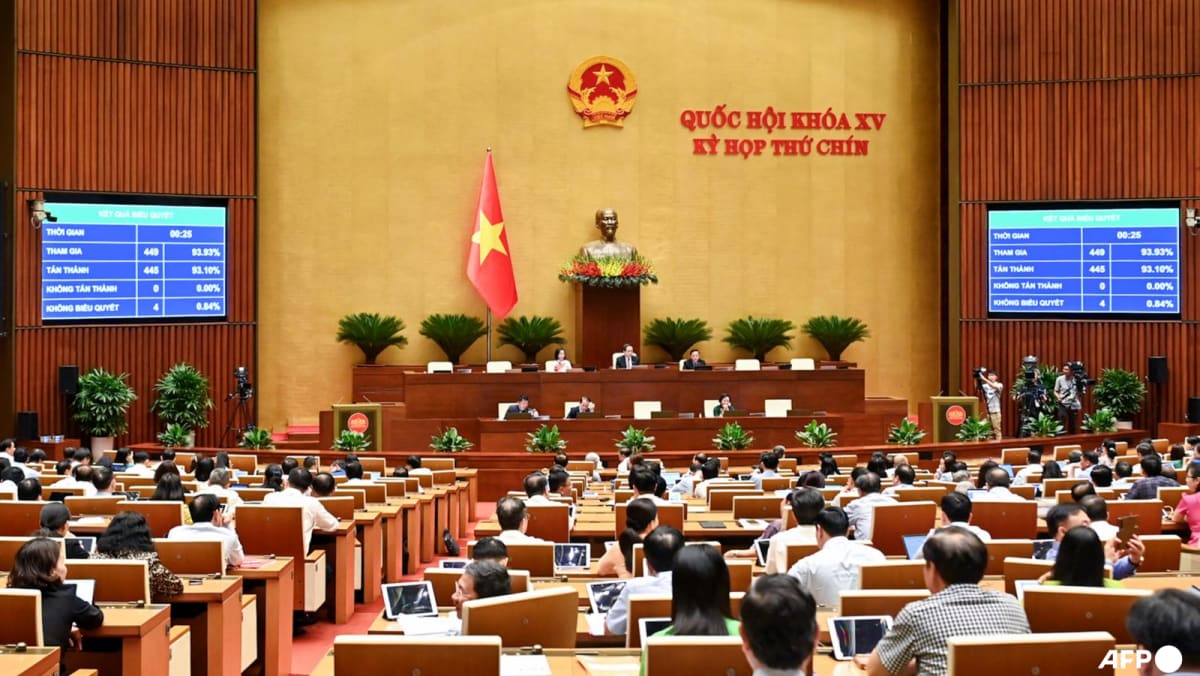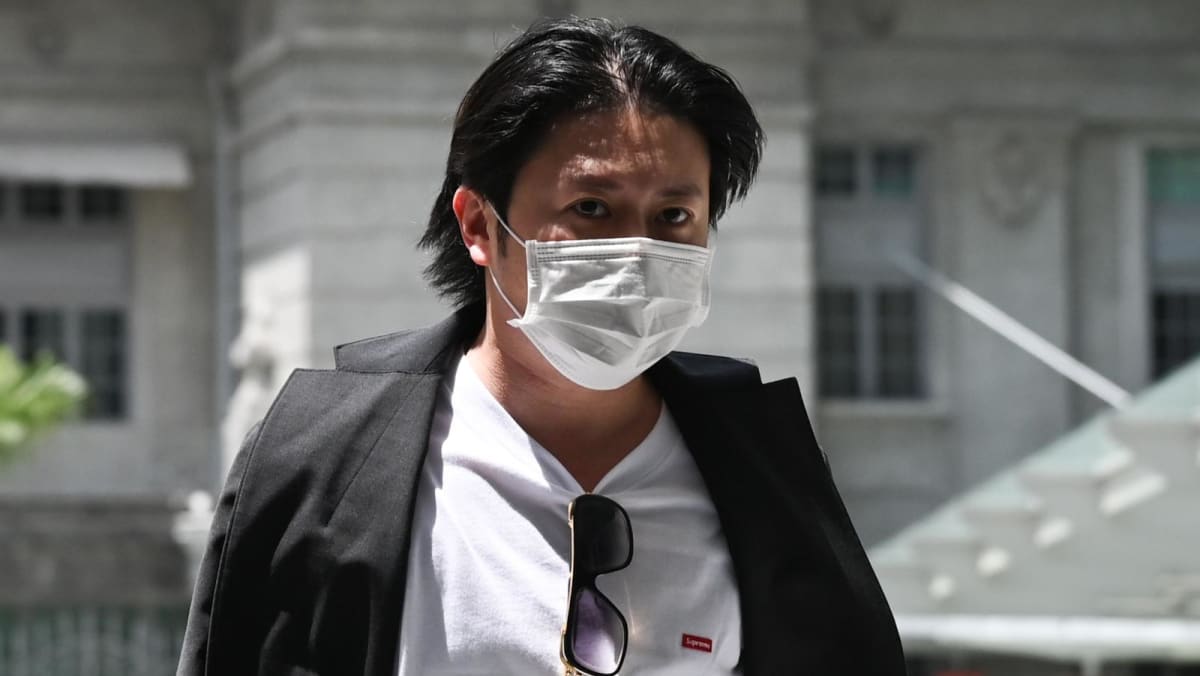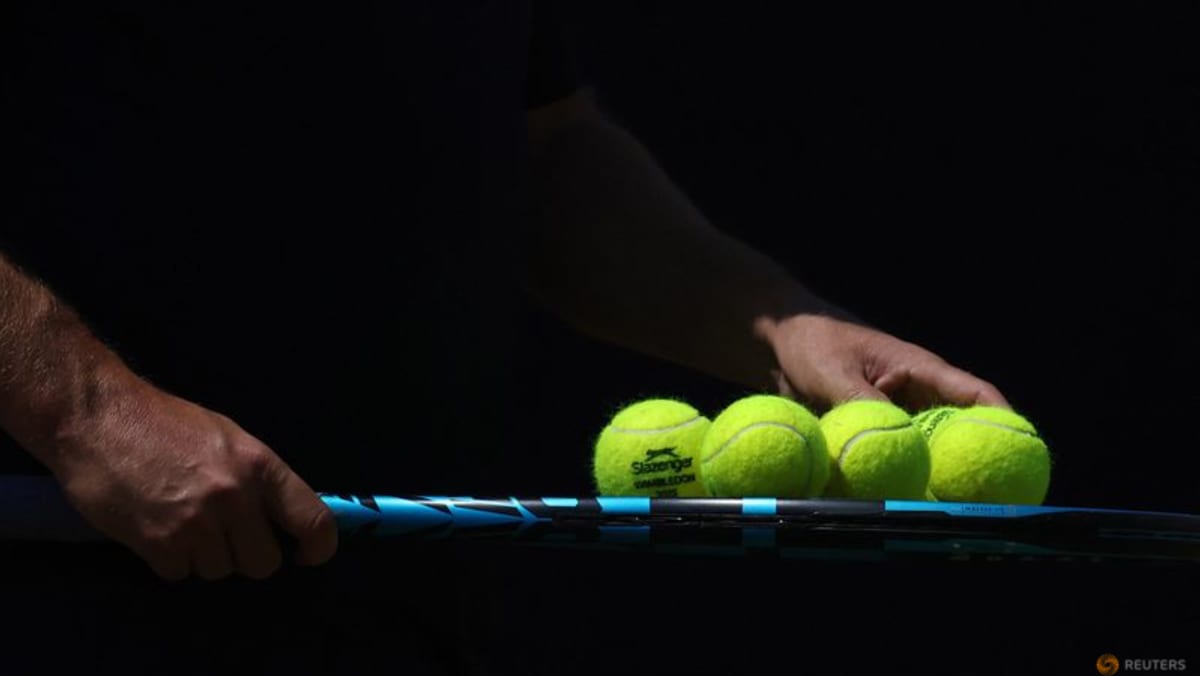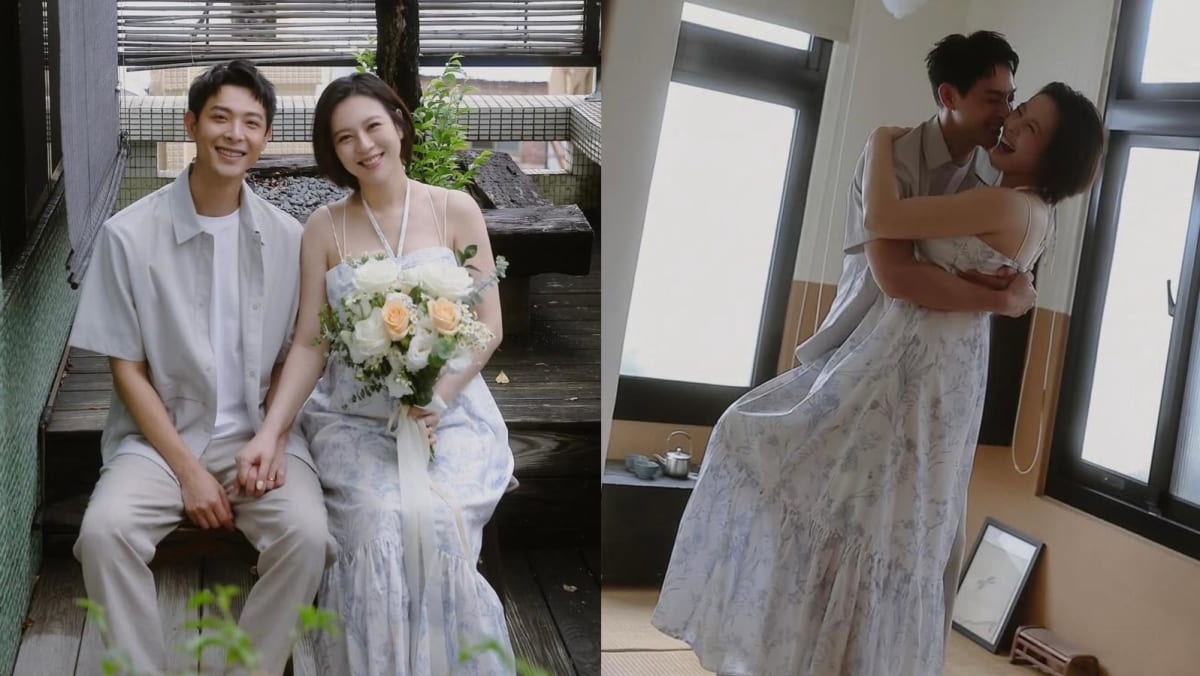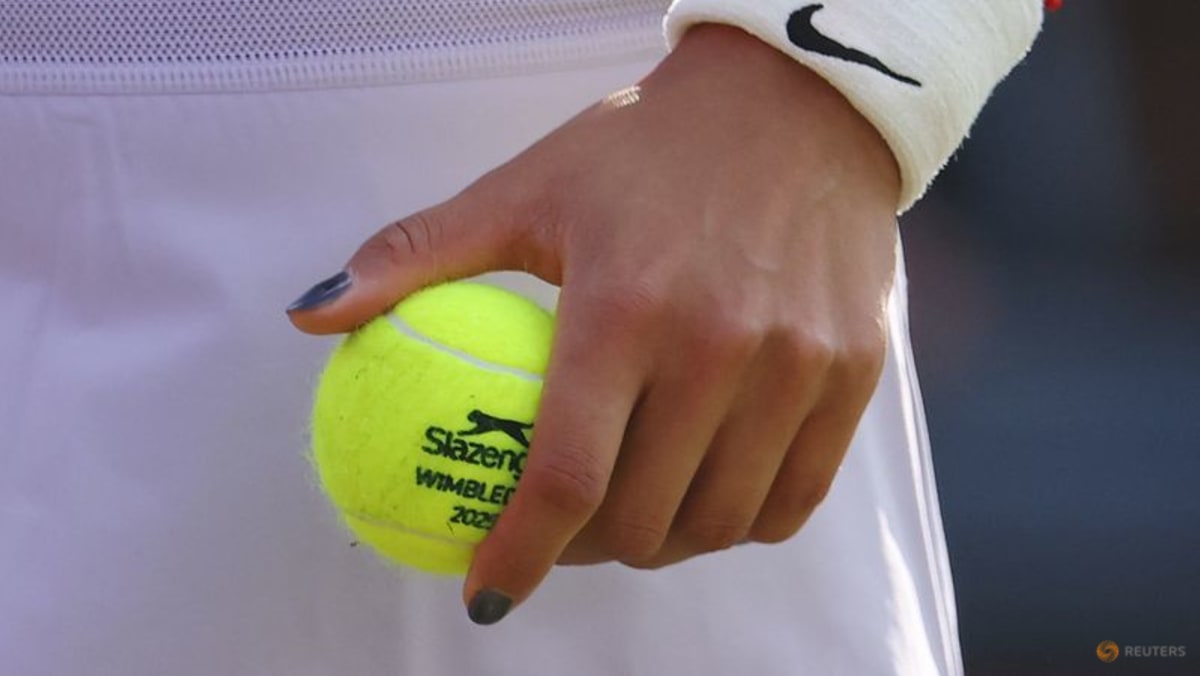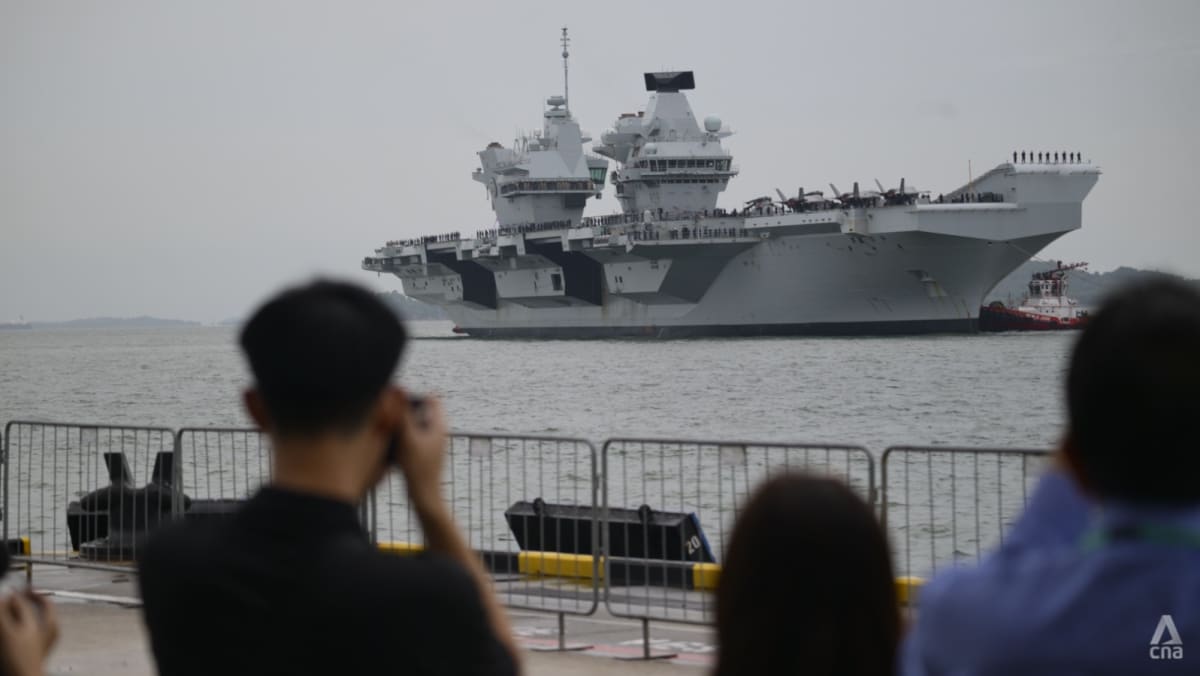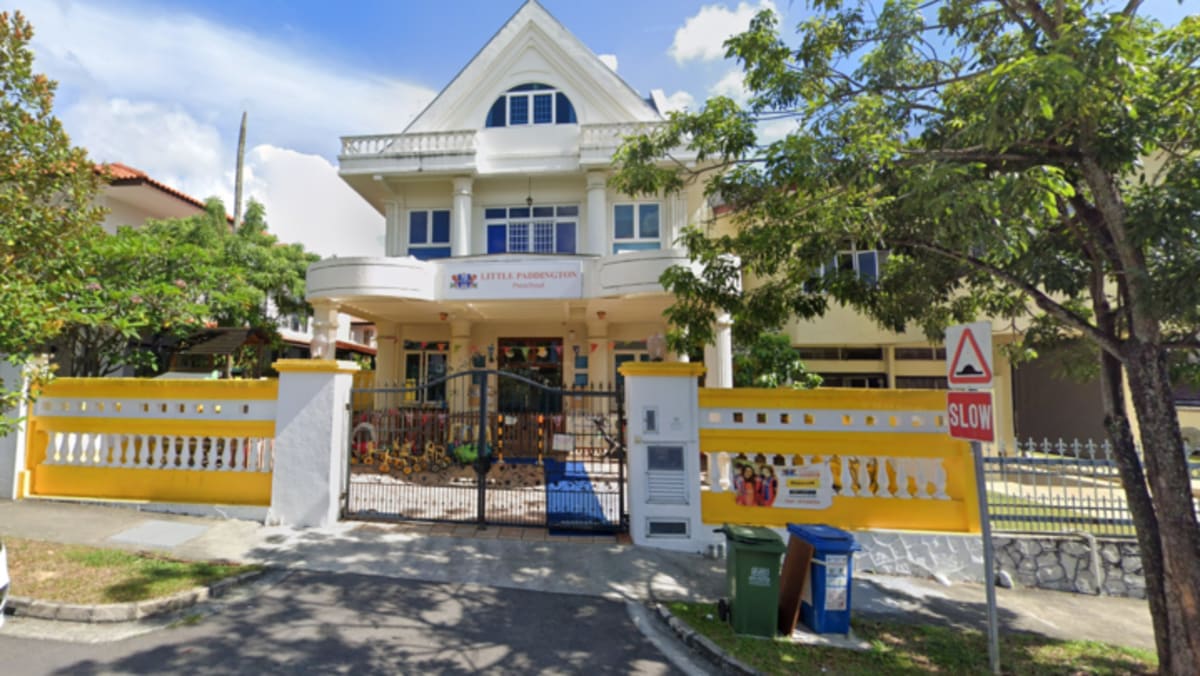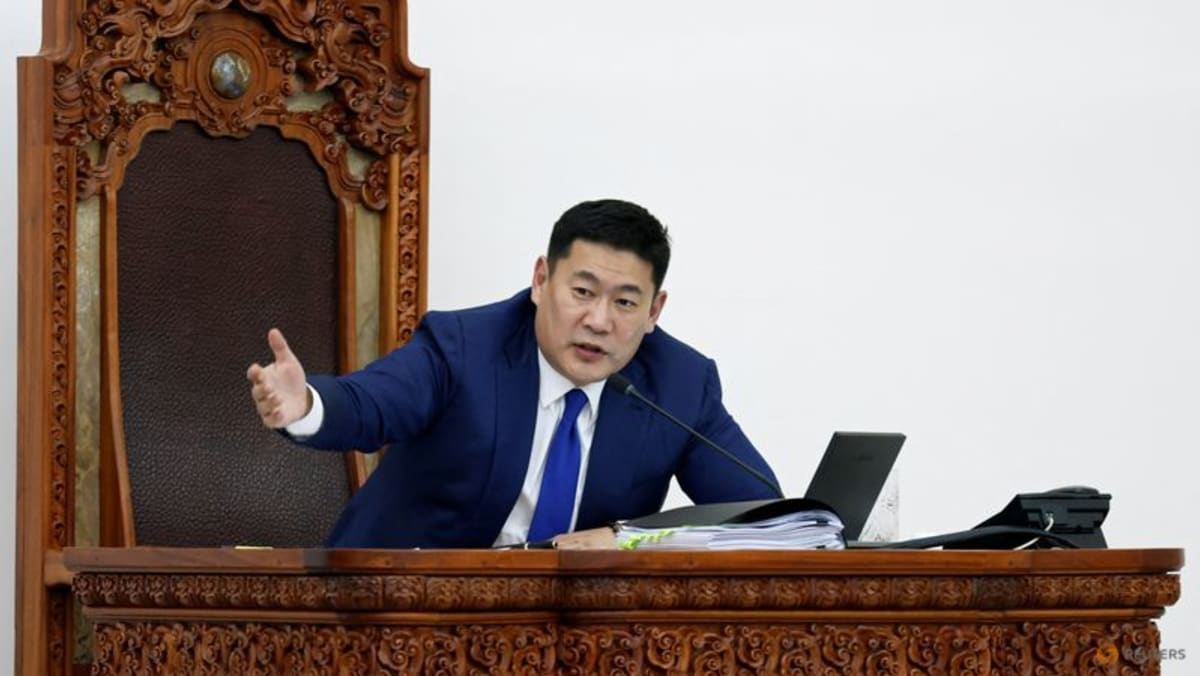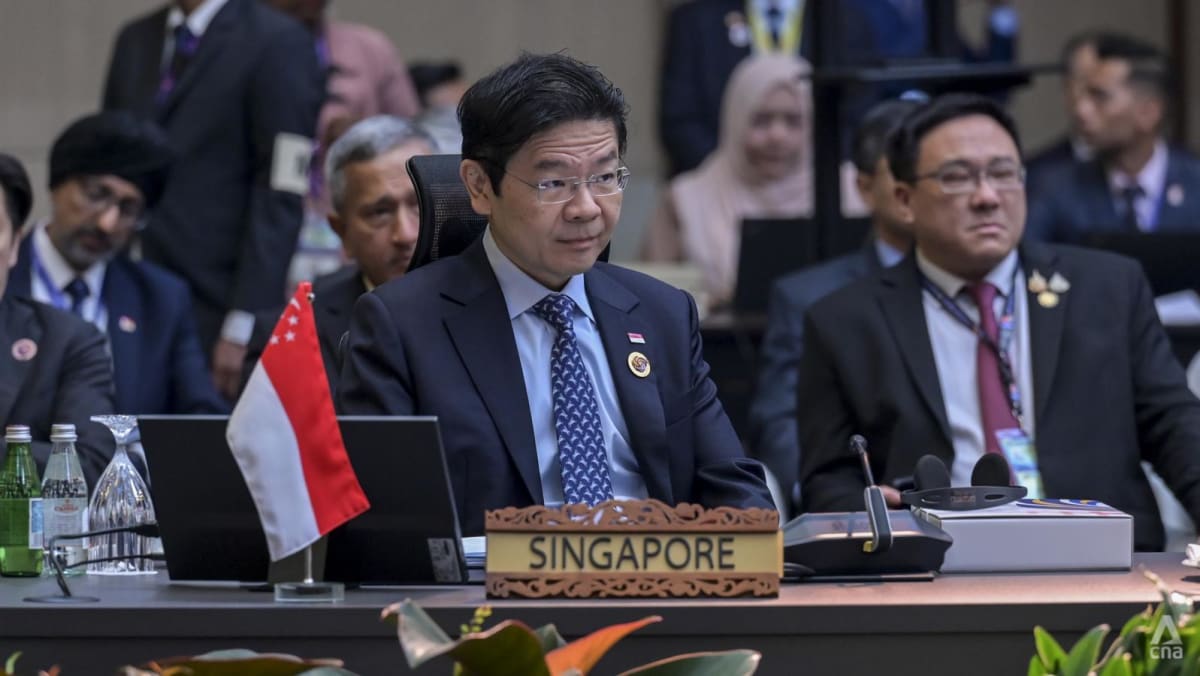When the third season of The White Lotus, HBO’s cult-favourite dramedy about the darkly entangled lives (and deaths) of guests and staff at an ultra-luxury resort, premiered earlier this year, viewers across Asia, including Singapore, took notice.
Sure, much of the initial buzz revolved around Kpop megastar Lalisa Manobal aka Lisa of Blackpink making her acting debut. But let’s be honest, we travel junkies were just as excited to recognise the sun-drenched backdrop of iconic Thai tropical escape Koh Samui, popular among long-weekend warriors and barefoot luxury aficionados alike.
Spotting familiar sights like the Big Buddha Temple Wat Phra Yai or playing “Guess the Resort” during each hotel set became something of a jetsetter’s pastime.
As expected, many scenes were filmed at the Four Seasons Resort Koh Samui. No surprise there, given that the first two seasons were also set at Four Seasons properties in Hawaii and Sicily. But in a plot twist worthy of show creator Mike White, a lesser known but very strategic player in luxury hospitality quietly stole the show.
Enter Anantara.
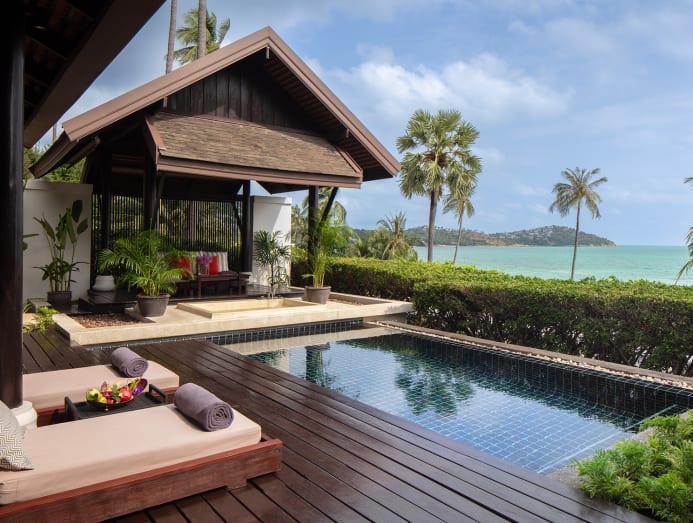 The seaview pool villa .The pool villas have fishing-themed decorative elements honouring the area’s roots as a fishing village. (Photo: Richard Waite Photography)
The seaview pool villa .The pool villas have fishing-themed decorative elements honouring the area’s roots as a fishing village. (Photo: Richard Waite Photography)
The Bangkok-born luxury hotel brand, part of the ever-expanding Minor Hotels portfolio, might just be the breakout star of the season. Three of its properties — Anantara Lawana Koh Samui Resort, Anantara Bophut Koh Samui Resort, and Anantara Mai Khao Phuket Villas — were featured prominently in the series as part of the fictional White Lotus Thailand hotel. (Fun fact: Minor Hotels also owns the Four Seasons Koh Samui.)
The timing could not have been better for William “Bill” Heinecke, the 75-year-old American-born, naturalised Thai billionaire founder behind Minor Hotels. With luxury travel in Asia booming globally, Heinecke shows no sign of slowing down. He stepped down as chief executive officer of Minor International five years ago but continues to be deeply involved in the company’s hotel expansion strategy with a strong focus on growth and post-pandemic recovery.
He started his company even before he turned 18 (hence its name Minor) dabbling in advertising and cleaning services before finding his passion in hospitality. Today, Minor Hotels is a global hospitality group operating over 560 hotels, resorts and residences in 58 countries with brands including Anantara, Avani, Oaks and Tivoli.
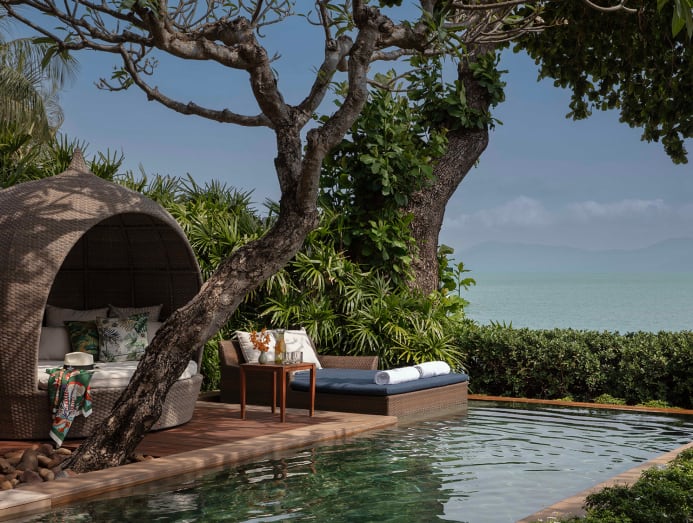 Anantara Bophut's beach front pool suite. (Photo: Anantara Bophut)
Anantara Bophut's beach front pool suite. (Photo: Anantara Bophut)
In 2018 he bought over the Madrid-owned NH Hotel group of premium and luxury hotels, tripling the group’s portfolio and solidifying its European footprint. This acquisition, while visionary, also meant that when the pandemic hit just two years later, there was much more at stake. The group racked up losses of over US$1 billion (S$1.29 billion) in 2020 and 2021 due to lockdowns and travel restrictions. But he held firm and now that travel is in full swing once again, the company’s increased presence has led to even more brand name recognition around the world.
At the same time, he has also always believed in playing to his strengths, reinforcing the group’s presence in Asia, which already includes properties across various hospitality brands in Thailand, Vietnam, Indonesia, Sri Lanka, India, China, Maldives and the Middle East. The group plans to add 200 more hotels by the end of 2026, of which about 100 will be in Asia.
“We are already pretty well covered in Asia, with the exception of places like Singapore, Hong Kong and Japan,” he said. “So, it is obviously a major focus for us to try to get some of those other areas that we are not yet in.”
In fact, Minor Hotels recently debuted in India with Anantara in Jaipur and aims to have 50 properties in the next 10 years. The company is also growing in China where it plans to open two more hotels to add to its current five.
A new Anantara is also opening in Kota Kinabalu this December and the group is inching closer to that elusive goal: A hotel in Japan. “We are working very hard on it, and it is high on our priorities. I hope by this time next year, we will at least have something announced,” he shared.
A hotel is under construction in Singapore too. “It will be an Avani located close to Chinatown and will be a bit more lifestyle-focused, which will suit the market well. There will be a rooftop dining venue, and it promises to be a fun destination,” he said.
One of the global trends driving growth is the rising demand for meaningful, immersive experiences.
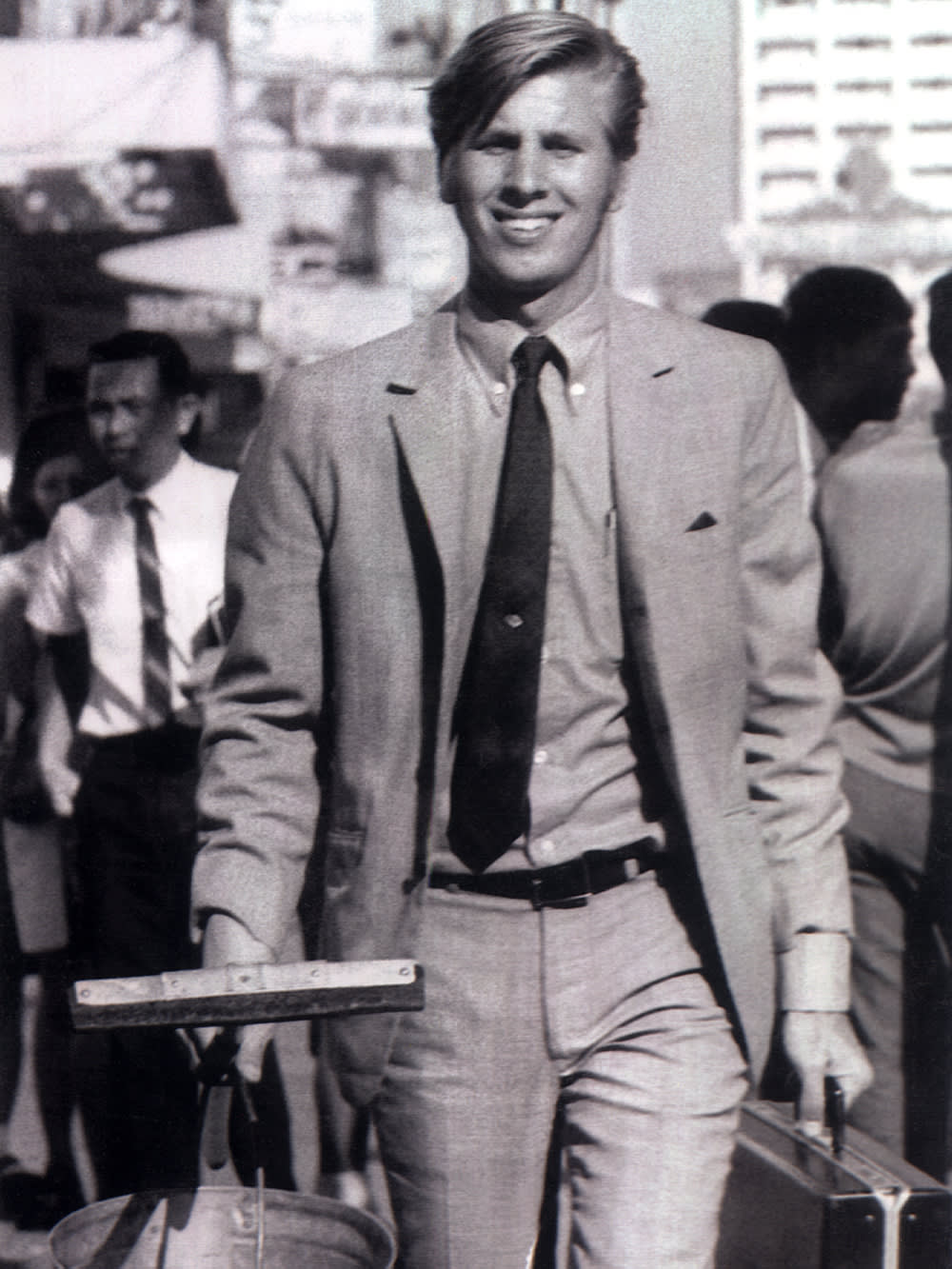 Bill Heinecke as an 18-year-old businessman. (Photo: Bill Heinecke)
Bill Heinecke as an 18-year-old businessman. (Photo: Bill Heinecke)
“Anantara has become an experiential brand. After COVID-19, we are seeing so many people who want to experience different cultures in foreign lands and we are honoured that they have chosen Anantara,” he said.
For instance, at the Anantara Golden Triangle Elephant Camp & Resort, guests get to sleep under the stars in transparent bubble lodges and participate in encounters with rescued elephants. The Anantara Ubud Bali Resort offers a traditional Balinese ritual called Melukat that can be performed at a 1,000-year-old temple while guests may go snorkelling with manta rays at the Anantara Kihavah Maldives Villas.
“These are all very special to me, because each experience has been created to bring alive the culture of the various countries we are in,” said Heinecke.
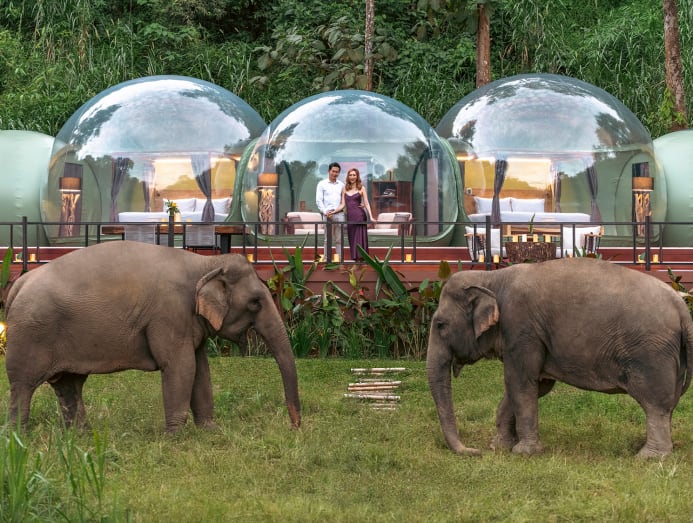 Anantara Golden Triangle Jungle Bubble with elephants. (Photo: Anantara Golden Triangle Elephant Camp & Resort)
Anantara Golden Triangle Jungle Bubble with elephants. (Photo: Anantara Golden Triangle Elephant Camp & Resort)
This is all part of what Heinecke calls “soft power”. He said: “Everybody has adopted what South Korea pioneered and are finding storytelling and experiences a great way to hook travellers on a destination.”
The lifelong entrepreneur credits his longevity to passion and play — fun is as much a business strategy as it is a personal credo. His pursuits include dining, collecting vintage and supercars and flying planes and helicopters. These have ultimately led to varied business ventures such as MJets, an aircraft charter company and Minor Beverages, the food and beverage arm of the company that owns Thai-based The Pizza Company as well as global franchises like Benihana teppanyaki, Swensens and Sizzler.
His love for cool wheels and frequent participation in car rallies also inspired him to spearhead the Anantara Concorso Roma, the revival of a 100-year-old car parade that used to take place in Rome. It was initially slated to happen in April this year but had to be postponed to 2026 because of Pope Francis’ death.
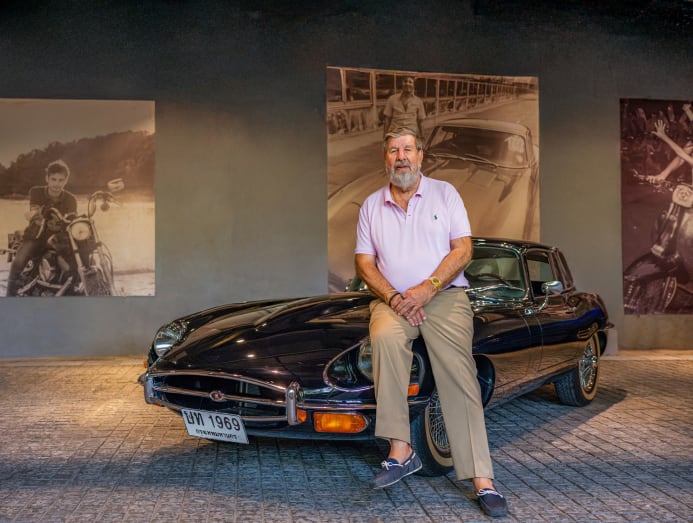 William Heinecke and his vintage Jaguar E-Type. (Photo: William Heinecke)
William Heinecke and his vintage Jaguar E-Type. (Photo: William Heinecke)
Acknowledging some disappointment, he said: “The outpouring of grief for the Pope was just so much that it did not seem appropriate to do anything except postpone the concorso.” But true to his never-say-die spirit, he added, “You cannot worry about the things you cannot control so I only look forward with enthusiasm and optimism for the event next year.”
Ever the maverick, he does not shy away from left-field investments that raise eyebrows at the boardroom table. Case in point: His decision to bring Pop Mart, the wildly popular Chinese toy brand, to Thailand in 2023.
He was fascinated by the concept of blind box toys but at that point, the brand had yet to explode in popularity. “I don’t think our board was very excited about the prospects at the time,” he said with a laugh. But he knew he was on to something because of the devoted collectors he met. By the time Blackpink’s Lisa popularised the brand’s Labubu bag charm, setting off an international craze for Pop Mart’s products, his stores in Thailand were well positioned to take advantage of the frenzy.
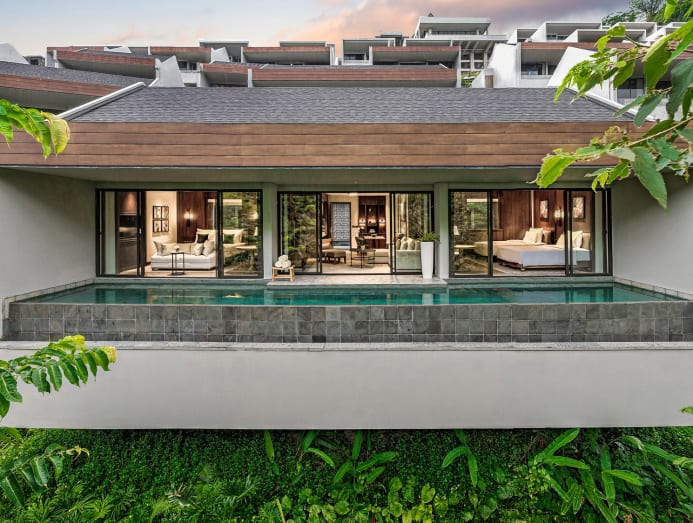 (Photo: Anantara Ubud Bali Resort)
(Photo: Anantara Ubud Bali Resort)
Next, he is off to check out the Anantara property in Ubud — and knowing him, he is already dreaming up his next unexpected move.
Reflecting on a busy life well led, he said: “The way to enjoy life is to pursue your passions, so it was only natural to weave them into the business. I have always believed in experimentation and that spirit has taken me further than I ever imagined.”


